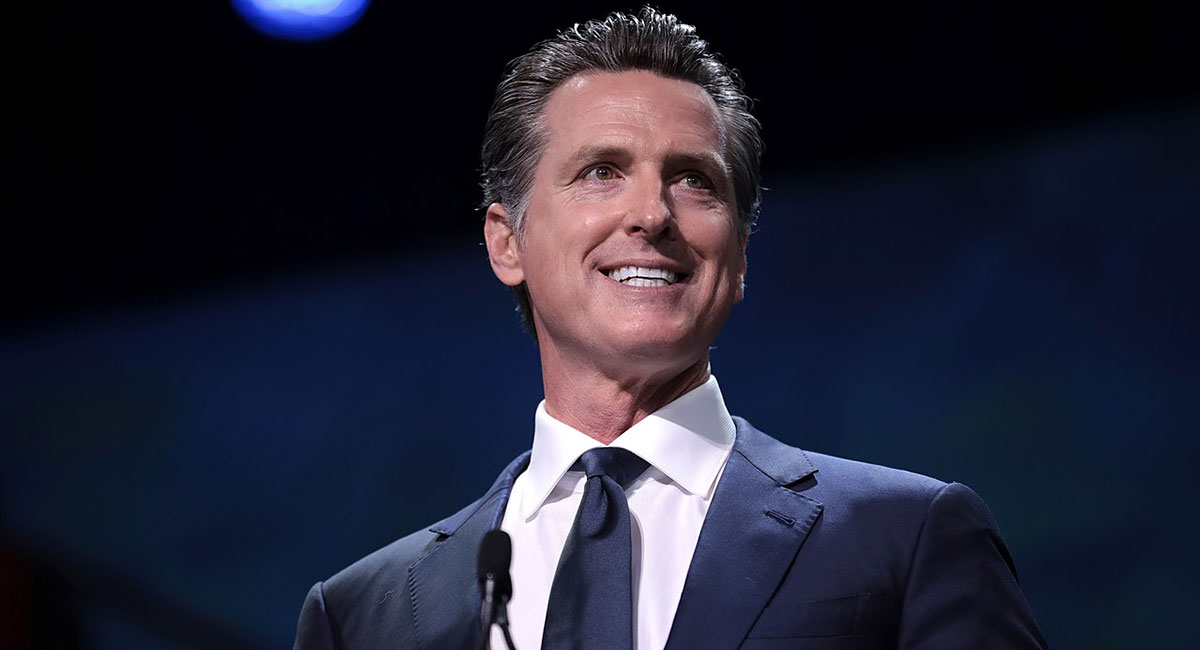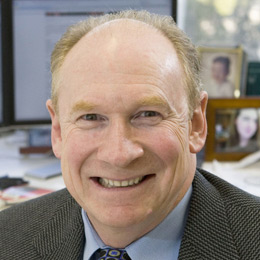California governor Gavin Newsom was described as “angry” in an interview this week with the New York Times. But Newsom wasn’t angry about any of California’s glaring problems, such as a K–12 education system in which only about one out of four students is proficient in math, reading, and science; or that 35% of Californians—more than 13 million people—live in or near poverty; or that the state auditor cites several major state government departments, ranging from the prison system to the Department of Public Health, as being at high risk for waste, fraud, abuse, and mismanagement; or the fact that only 17% of Californians can afford the state’s median-priced home, as home building in the state remains 87 percent below goal for Newsom’s 2018 campaign pledge of creating a “Marshall Plan” for housing.
Newsom is instead angry about “being taken for granted.” Back in the day, “being taken for granted” would be a positive for a public servant, because it meant that government was performing well and that the public it serves could go on about their lives with government quietly and efficiently functioning in the background. But that day is gone. Many of today’s politicians want to be front and center on the political stage, playing to the crowd, delivering political, cultural, and social tidbits to thousands, even millions of their social media followers. And those whom these politicians represent, but whose lives or interests do not dovetail with their representatives’ agendas, are left behind.
Gavin Newsom doesn’t want to be in the background. He is on a quest to impose California’s “moral authority” on the rest of the country, or at least on red states whose policies he disagrees with. He states in his interview, “It’s time to get on offense.” How? By using the economic strength of California’s economy. But in his zeal to fight states and politicians whose politics he doesn’t like with the bludgeon of California’s economy, not only has Newsom lost sight of the state’s enormous policy priorities, but his decisions are either misfiring or negatively impacting the state, or both.
California has a travel ban on state government–affiliated travel to 23 US states because of policies that don’t align with California political leaders’ beliefs. This ban would have included the San Diego State Aztecs basketball team’s trip to participate in the NCAA final four in Houston this year had the NCAA not footed the bill.
But like many political boycotts, those who are most impacted by them are those implementing the boycott. State Senate president pro tempore Toni Atkins (D) has argued for rescinding the travel ban: “While the law originally sent a clear, early, and effective message that California would not engage with states that allow discrimination against LGBTQ+ people, a new approach is needed for California to have a positive impact.”
And then there is Newsom’s recent decision to cut state ties with Walgreens pharmacy: “California won't be doing business with @walgreens—or any company that cowers to the extremists and puts women’s lives at risk. We’re done.”
Newsom was angry because Walgreens, one of the country’s largest pharmacy chains, chose to stop selling the abortion drug mifepristone in the 20 states where its sale is being legally challenged. Walgreens explained its decision on the basis of obeying state laws: “We intend to be a certified pharmacy and will distribute Mifepristone only in those jurisdictions where it is legal and operationally feasible.”
So, Newsom decided California would no longer do business with Walgreens, even though Walgreens was selling mifepristone in California. Newsom later found out that canceling one of the largest pharmacies in California isn’t so easy. And this was good news for millions of poor and disabled Californians who receive healthcare through Medi-Cal, California’s Medicaid system, and who receive their Medi-Cal prescriptions through Walgreens.
California is legally obligated to continue its relationship with the pharmacy, because federal law requires that Medi-Cal patients have the right to receive medications at any approved pharmacy. Uprooting Walgreens from California, as Newsom had tweeted, would have had catastrophic effects on California’s poor and disabled, as the state paid Walgreens $1.5 billion in just the last year. Newsom spokesperson Anthony York said the governor will not “take any action that hurts people who need access to care.” Walgreens has even been reinvited to apply for the specialty drug contract Newsom pulled from Walgreen’s earlier this year.
During March, Newsom traveled to Alabama, Arkansas, and Mississippi, where he rolled out his new political action committee to promote Democratic party candidates in these states. Newsom’s introduced his new PAC with the following tweet: “Extremist Republicans are systematically attacking the very foundations of our free society—denying women equality, attacking communities of color, fetishizing weapons of war, banning books, restricting speech, and undermining the right to vote.”
Despite bearing gifts from his $10 million PAC, enthusiasm for Newsom’s trip among red-state Democrats was remarkably underwhelming. Mississippi Democratic gubernatorial candidate Brandon Presley chose not to meet with Newsom. Arkansas Democrat Chris Jones, who received funding from Newsom’s PAC, went so far as to say, “Personally, I wouldn’t have said the things he [Newsom] has said and the way he has said it.”
California does have a long history of leadership within the United States. But this was always positive leadership. Between 1940 and 1975, California nearly tripled in size, growing from around 7 million to more than 20 million people. During that time, California political leaders developed bipartisan solutions to quickly and efficiently build schools, hospitals, colleges, and transportation and utilities infrastructure to support its remarkable growth.
As California grew and prospered, other states borrowed from California’s playbook to develop their own growth-oriented economic policies. But California’s positive leadership—from a time when the state government partnered cooperatively with the private sector to create and build—has given way to moral indignation and bluster via Twitter.
Newsom may want to impose his morals on others, but morals have a way of coming back around. Was it morally right for Newsom and other state policy makers to keep children out of their public schools longer than nearly all other US states after the height of the COVID pandemic? Was it morally right for the state to default on a $18.5 billion federal loan? Was it morally right for Newsom to sign legislation that makes it illegal for most Californians to work in their chosen occupations as independent contractors?
When trying to explain away Newsom’s Twitter threat to Walgreens, Newsom spokesperson Anthony York said, “Tweeting is not policy.” Exactly. But unfortunately, tweeting seems to have taken the place of policy. And Californians, particularly the most vulnerable, are the worse for it.








